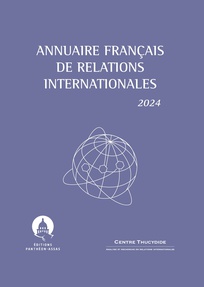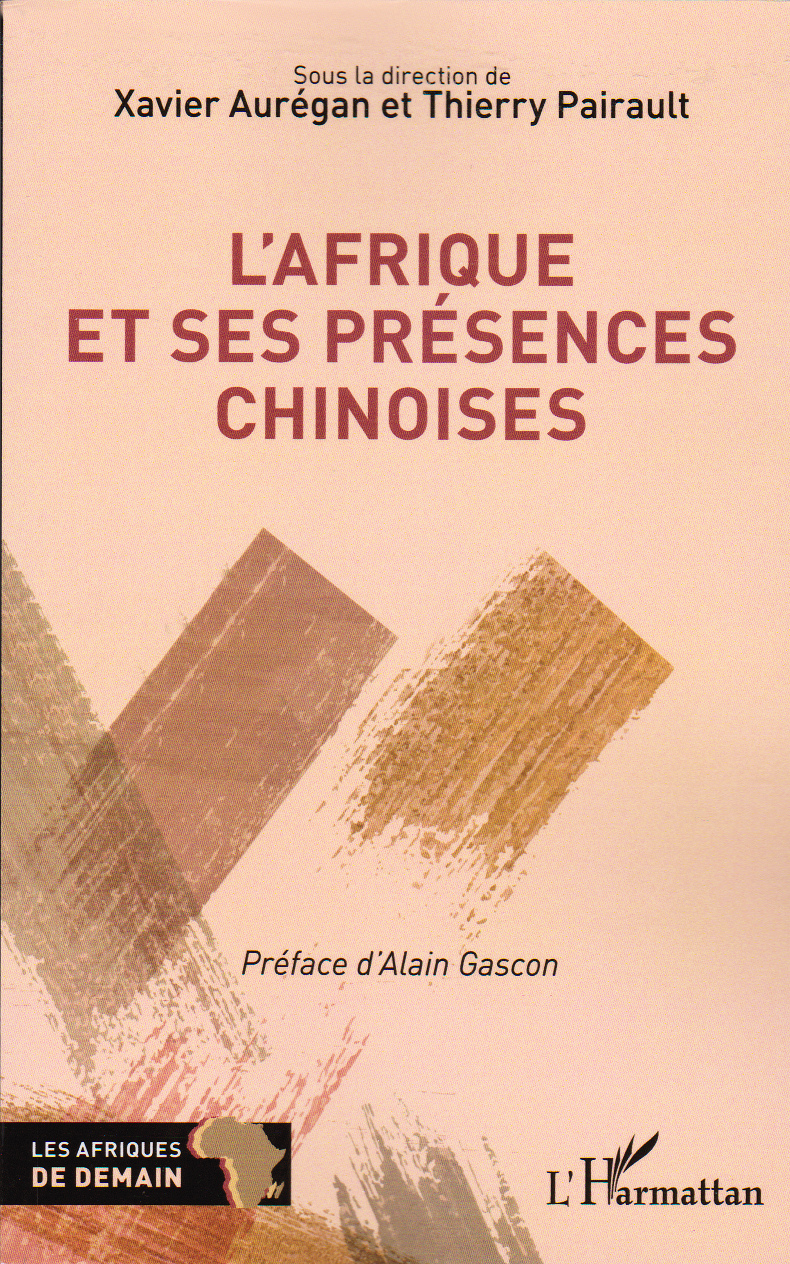Africa in China‟s One Belt One Road Initiative: A Boon or Bane?
Isaac Nunoo
International Journal of Social Science and Humanities Research, ((2), 2017, p. 684-694
Télécharger à http://www.researchpublish.com/download.php?fil... ![]()
Abstract:
The re-emergence and growth of Chinese influence and enterprise across Africa has in recent times drawn much global attention, especially with the introduction of China’s One Belt, One Road (OBOR) initiative. This has led to sharp criticisms among actors in the world economy regarding the economic and political repercussions likely to be the direct upshots of the project as well as the true intentions of Beijing. Even though, Beijing has dispelled any such concerns, stressing that the project will be a “win-win” approach, many countries in Asia and the West are worried about the geopolitical impact and foreign policy implications of this gargantuan project. Some scholars have suggested the possibility of a dependency approach model to the OBOR project in Africa. This suspicion has spawned prolific articles positing eminent repercussions to not only the African populace and Western interests in Africa but also the globe at large. This article, examined China’s OBOR project and its possible impact on the African continent. It also investigated the claim that dependency approach is the possible driving force of OBOR. The study concludes that contrary to this assertion, Sino-Africa relations has no strong historical link with the dependency theory and that it is unlikely to see its reflection in OBOR, however, a “loose” state-centric realist approach is highly probable. Consequently, African states need to be active partners paying particular attention to safeguarding and promoting their national interests.











